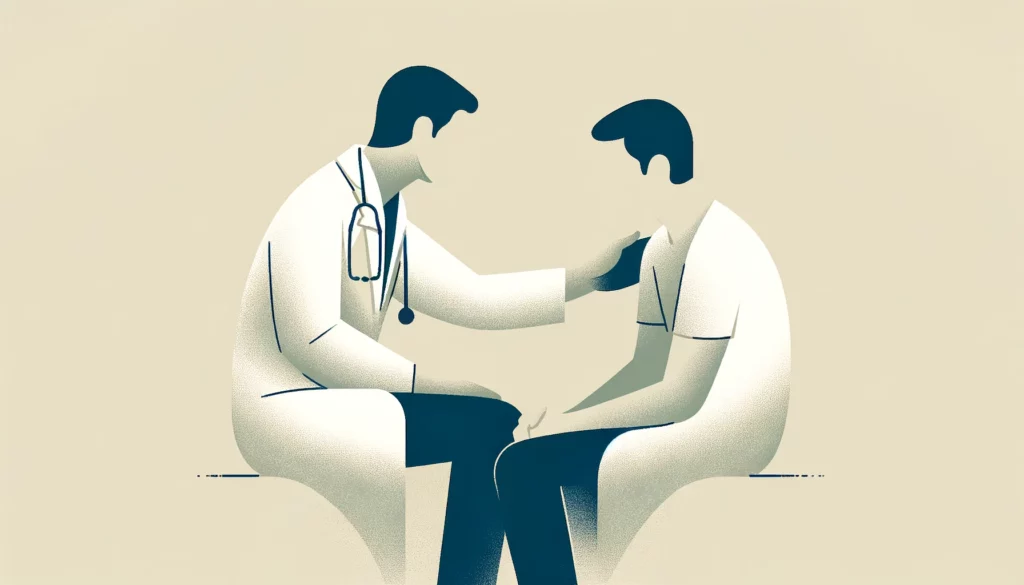Did you know that cardiovascular disease is the leading cause of death in the United States for men and women? To help prevent this it’s essential to be aware of the risk factors for heart disease, including hypertension. Managing hypertension is vital in preventing heart disease – read on for tips on doing just that.
What Is Cardiovascular Disease And Hypertension?
Cardiovascular disease is an umbrella term for various conditions that affect the heart and blood vessels. Hypertension, or high blood pressure, is one of the most common forms of cardiovascular disease. While it can often be asymptomatic, hypertension can lead to serious health problems like stroke and heart attack. Therefore, it is essential for people of all ages to be aware of hypertension’s risk factors and regularly check their blood pressure. By knowing the signs and symptoms of cardiovascular disease, we can all take steps to protect our heart health.
What Are The Risks?
There are many risk factors for developing cardiovascular disease or hypertension. These include high blood pressure, high cholesterol, diabetes, smoking, obesity, and a family history of heart disease. Many of these risk factors can be controlled by making lifestyle changes, such as eating a healthy diet, exercising regularly, and quitting smoking. However, some people may be more predisposed to cardiovascular disease or hypertension due to genetics or other factors. Therefore, it is essential to talk to your doctor about your risk factors and what you can do to reduce your chances of developing these conditions.

What Preventative Measures Can You Take?
Cardiovascular disease and hypertension are two common conditions that often go hand in hand. Cardiovascular disease is caused by a build-up of plaque in the arteries, which can narrow or block blood flow. Hypertension, or high blood pressure, occurs when the force of blood against artery walls is too high. Over time, this extra force can damage arteries and lead to cardiovascular disease.
To prevent these conditions from developing, it is essential to eat a healthy diet, exercise regularly, and avoid smoking. Eating a diet rich in fruits and vegetables can help to lower cholesterol levels and keep arteries clear. Exercise helps maintain a healthy weight and reduces the strain on the heart. And finally, avoiding tobacco use is one of the best ways to prevent cardiovascular disease. Quitting smoking can be difficult, but many resources help smokers kick the habit for good. Taking these steps can help prevent cardiovascular disease and hypertension and improve overall health.
The Latest Treatments
If you have been diagnosed with cardiovascular disease or hypertension, many treatments are available to help manage these conditions. Some common treatments include medications, surgery, and lifestyle changes. Medications can help lower blood pressure and cholesterol levels and prevent clotting. Surgery can be used to repair damaged arteries or remove blockages. And finally, lifestyle changes such as eating a healthy diet and exercising regularly can help to improve heart health and overall well-being.
Making dietary changes is one way to help reduce the risk of developing cardiovascular disease or hypertension. Eating a diet low in saturated fat and salt can help lower blood pressure and cholesterol levels. Adding more fruits and vegetables to your diet can also help improve heart health. And finally, getting regular exercise can help reduce the strain on the heart and improve overall health.
Tips For Leading A Healthier Lifestyle
Making changes to your lifestyle can be difficult, but it is essential to remember that small changes can make a big difference. Here are some tips for making healthier choices.
Eat Healthy Food
One of the best ways to improve your health is to eat a healthy diet. Eating plenty of fruits and vegetables can help lower cholesterol levels and keep arteries clear. Choose lean protein sources, such as fish or chicken, and whole-grain options instead of processed foods. And limit your intake of saturated fat, salt, and sugar.
Exercise Regularly
Exercising for 30 minutes on most days can help to reduce the strain on the heart and improve overall health. Walking, jogging, biking, swimming, and other forms of aerobic exercise are all excellent choices. Strength training is also vital for maintaining muscle mass and bone density. Talk to your doctor about what type of exercise is right for you.
Quit Smoking
If you smoke, quitting is one of the best things you can do for your health. There are many resources available to help smokers kick the habit for good. Talk to your doctor about what method might work best for you, and stay away from triggers that could lead to a relapse.
Making these lifestyle changes can help to improve heart health and prevent cardiovascular disease and hypertension. Talk to your doctor about what changes are right for you, and be sure to stick with them for the long term. These changes may not be easy at first, but they will make a big difference in your overall health.
Conclusion
Cardiovascular disease and hypertension are severe conditions that can lead to heart attacks, strokes, and other health problems. But by understanding the risks and taking steps to prevent or manage these conditions, you can improve your heart health and overall well-being. Making dietary changes, exercising regularly, and quitting smoking are essential steps in preventing or managing cardiovascular disease or hypertension. Talk to your doctor about what changes are right for you, and be sure to stick with them for the long term. These changes may not be easy at first, but they will make a big difference in your overall health.



